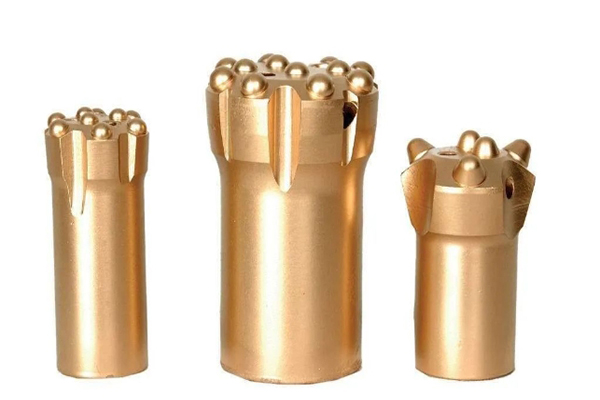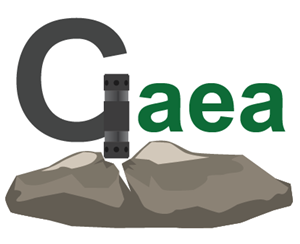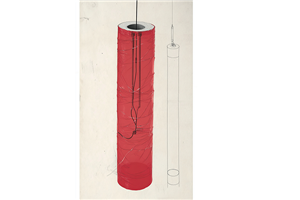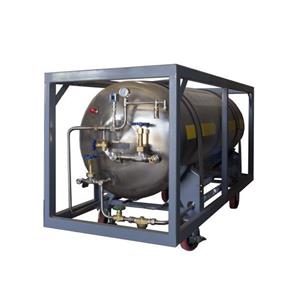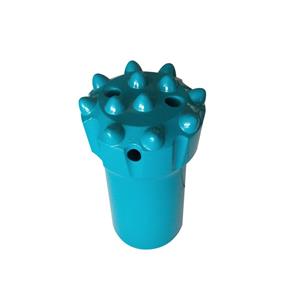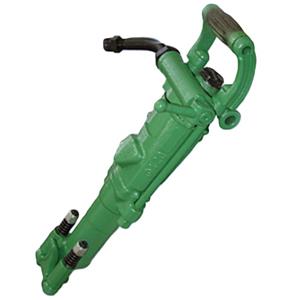Analysis of the reasons for the scrapping of thread drill bits
1. Broken teeth:
(1) Unclear understanding of rock conditions, product type selection, unreasonable alloy teeth, insufficient alloy strength, resulting in alloy teeth breaking; (2) Problems with the internal quality of the alloy or incorrect alloy material selection;
(3) The quality of the alloy product is damaged during processing;
(4) Unscientific operation methods during rock drilling, high pressure during hole opening, and continued use of the blunt alloy.
2. Alloy tooth shedding: It is abnormal for the drill bit alloy teeth to fall off in the early stage. The main reasons are:
(1) Improper selection of parameters in the tooth fixing process or errors in the product processing;
(2) The drill bit product "empty hits" during use, causing the alloy teeth to fall off;
(3) The teeth fall off after not much hitting at the beginning, which is a process problem; the interference fit of the insert teeth is improper;
(4) Some teeth fall off and some do not fall off at the end, which is a problem with the design of the side tooth width and the external inclination angle;
(5) The side teeth are not broken, but the middle teeth are broken, which is mainly due to defects in the middle tooth layout design.
(6) Synchronous wear of the alloy and the drill body can avoid tooth loss.
III. Drill body fracture: mainly fatigue fracture, the main reasons are:
(1) Improper selection of drill body material, low tensile strength and fatigue strength, prone to early and middle-stage drill body fracture;
(2) Unreasonable design of the drill body geometry, stress concentration, increasing the radius R of the transition;
(3) Improper product manufacturing process, insufficient heat treatment of the drill body, insufficient hardness of the drill body, and no treatment of sharp corners and deep cuts formed by machining;
(4) Unscientific use method, eccentric drilling, blunt drill bit, etc.; (5) Whether the thread design of the product tail is scientific and whether the wall thickness is reasonable;
(6) How well does the drill rod and the drill tail match the drill bit? Is the gap too large or too small?
(7) The purity of the steel material is not enough and the heat treatment hardness is too high.
IV. Normal scrapping: The drill bit is scrapped when it is worn, especially the alloy teeth are worn to the point where it cannot be drilled. The normal scrap rate is between 16% and 67% (the higher the quality of the drill bit, the greater the rate). Even if a small amount of alloy teeth on the drill bit are broken or removed but the drill bit can continue to operate, wear will still accelerate the scrapping of the drill bit.
